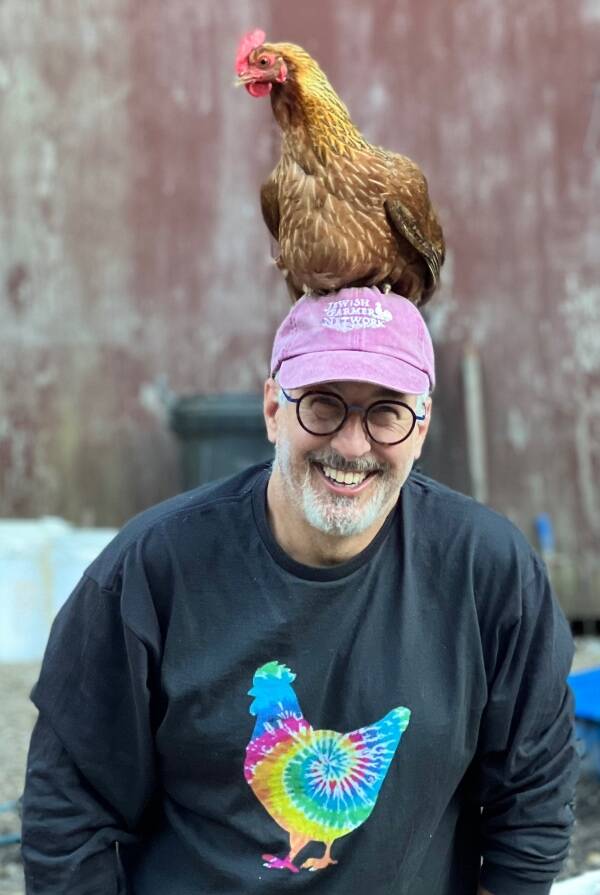The Biden-Harris Administration, on April 3, announced the appointment of islander Phil Levin, professor of practice in environmental and forest sciences at the University of Washington (UW) and lead scientist at The Nature Conservancy in Washington state, as director for the first-ever U.S. National Nature Assessment (NNA).
The assessment will be conducted under the auspices of the U.S. Global Change Research Program and is intended to create a holistic picture of America’s lands, waters, wildlife and ecosystems — and the benefits they provide to both people and nature.
It will also look ahead to how these benefits might change under future climate conditions.
Levin, who moved to Vashon three years ago, will bring decades of experience in bridging scientific knowledge and on-the-ground action to his role in creating the far-ranging report.
His recent work has addressed environmental justice issues, including documenting and identifying ways — through direct community engagement — to overcome the disproportionate impacts of floods, fires and heat waves on Indigenous, Black and Latino communities.
He previously served as a senior scientist at the National Oceanic and Atmospheric Administration’s Northwest Fisheries Science Center and as the scientific lead of NOAA’s Integrated Ecosystem Assessment efforts along the U.S. West Coast.
According to a press release announcing his appointment, Levin’s leadership in creating the assessment will be framed by an intersectional approach.
“Successful conservation, especially in the face of an uncertain climate, is built on the knowledge and collaboration of tribes, stakeholders, scientists, natural resource managers and local leaders,” he said.
The assessment is expected to be released in 2026.
During this appointment, Levin will continue to advise UW graduate students and postdoctoral researchers and step away from his position at The Nature Conservancy, returning to the UW when his appointment is finished.
In the meantime, his home base will continue to be Vashon — a place he came to know, before his move here, through his research on Shinglemill Creek and Fern Cove.
In an email, Levin said he had not yet been involved with specific Vashon environmental efforts but hoped to do so soon.
In particular, he said he had immense respect for the Vashon-Maury Island Land Trust.
“The work they do is amazing, and I routinely take advantage of the opportunities the Land Trust has provided to connect with nature,” he said. “And we just planted several dozen bare root plants provided by the Land Trust —I really appreciate everything they do to make Vashon a better place for nature and people.”


